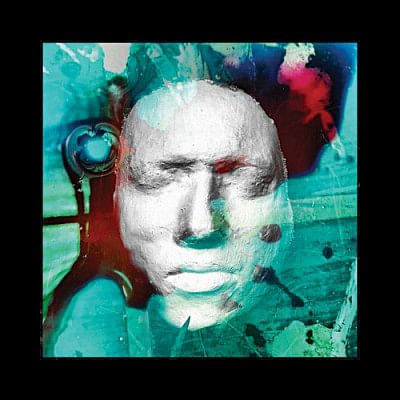Cha-erDokaan, On the Other Side of the World

Photo: Kazi Tahsin Agaz Apurbo
It had been almost a year and a half since I had been home. Home, noun- the place where one lives permanently, especially as a member of a family or household. Home, the feeling- a space where one envisions belonging, a slow breathing on one's favourite chair after a hearty afternoon meal. Home, the image- a rose-tinted picture of a colonized people, a place, a community whose inside jokes are yours, too, whose insecurities you understand through the gibberish, whose embarrassment grips you like a wet shirt.
For the most part, New York smelled more like Dhaka than any other U.S city I had been to. Harlem was ever alit, Brooklyn housed large mobile phone and other electronic retailers at street corners like any other large Dhaka street. There are fruit vendors outside of every Metro station the same way there are fruit carts next to bus stations back home.
I peeked out of the metro windows and looked at the Manhattan skyline, still ablaze with the bright white of the Chrysler building. I suddenly remembered a conversation I had with a relative before leaving Dhaka. "Get a job, buy a house and don't think of coming back," he said, sipping on some sweetened lassi and smoking a Goldleaf cigarette. "There's nothing to be done by staying here." I remembered bristling at his words and going on to give a long tirade about why it is tantamount to desertion to leave a country still struggling to get off of its knees.
As I got down from the train, I remember thinking how a year and a half had done little to change my opinion. I still wanted to go back and stay home for good. The comfort and the academic bubble afforded me in the US owed to an almost blind eye towards the systemic exploitation of millions of communities around the world, my own home being one of them. It was ironic at that moment, because I was following a GPS map towards Jackson Heights, a part of New York that is populated by the Bengali diaspora, many of whom have been forced to move away from home in order to find jobs to sustain their families, sometimes taking up work that no one (white) would agree to. It is, to this day, an emblem of the colonial legacy that appropriated wealth from the Indian sub-continent and then forced the diaspora to slave for them home and abroad.
I walked into Jackson Heights and saw in the second alley way, a roadside shack selling paanand tea. At that moment, I felt a wave of recognition that I hadn't in what had seemed like a lifetime. I scuttled over to the red tin-can store which proclaimed in bold white letters SohelRana'rBilatiPaanerDokan.The old man in charge of the shop was wearing a white panjabi and had a very long white beard. Iapproached him, unable to contain my excitement at this eternal symbol of home, and asked very loudly, "Mama ekta cha den!"
The old man turned to face me and I did not see a flicker of a smile. He sized me up and down through his glasses, taking in my clothes, my backpack slung over my shoulder, my unmanageable hair. He reached in and started to pour me a cup. In between the pouring, he grunted in perfect English, "I don't take credit cards", clearly convinced he was speaking to one of the bideshiswho had probably learned the phrase and wanted to indulge in some authentic Bengali-ness. It seemed a very hipster thing to do, no doubt.
When I think of home, I think of the loud chaotic movement of people, scrambling through tiny alleyways and large motorways alike. I think of loud blaring slogans shouting pointless politics or selling pointless medicine. I think of feeling a queer sense of belonging. I never thought guilt and shame would come to define home. Under a different sky, I dream of laughing with the vendor over a shared joke only we understand.

 For all latest news, follow The Daily Star's Google News channel.
For all latest news, follow The Daily Star's Google News channel. 



Comments